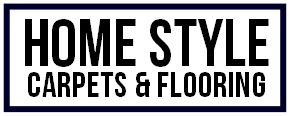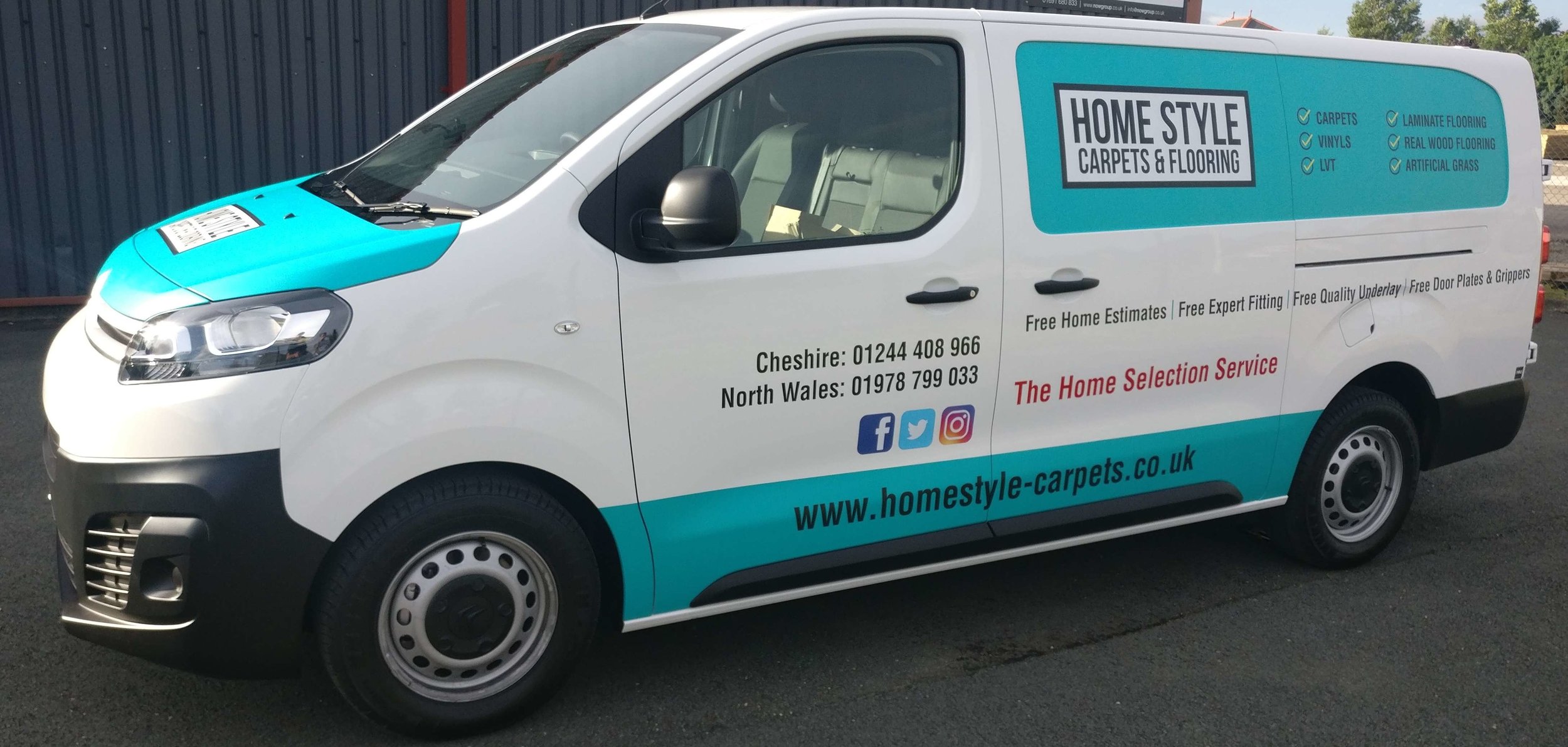Top four commercial flooring options for high-traffic areas
/Most commercial premises will have areas that attract a lot of traffic, but this is particularly true of ones where members of the public have regular daily access. This includes supermarkets and shops, as well as things such cafes, restaurants, pubs and cinemas.
The floors that are fitted in any area that experiences a lot of use will have to be able to cope with rough boots and shoes walking over them constantly, as well as trolleys and other items used by suppliers. Therefore, they need to be extremely hard-wearing, easy to keep clean and resistant to damage.
These are the best flooring choices that you can make for high-traffic areas of your commercial premises.
Engineered or solid wood flooring
This is among the oldest types of flooring in existence and there is a good reason for that longevity. Floors made out of hard wood are extremely durable and long-lasting without sacrificing anything in visual appeal.
That makes them an ideal choice for commercial areas that need to be able to cope with lots of shoes or boots walking over them each day, but that also need to retain an attractive and appealing look. An example of the sort of business for which either solid or engineered wood will make an excellent floor choice is a restaurant.
It can also be a fine and effective option for theatres and other performance venues where it is important for the floor to be resilient but also good to look at. In terms of maintenance, wood floors will need to be swept and polished regularly to stay at their best, but they can otherwise stand up to very high levels of daily traffic.
Concrete flooring
By its nature, concrete is an extremely tough and durable type of material. There is probably no flooring solution on the market that is quite as hard wearing as this.
Although it may not sound like an attractive solution from an aesthetic point of view, concrete floors of the best quality are coated and finished with an eye to how they will look as well as how they will perform.
Concrete is very resistant to damage from water and other liquids and does not easily stain. It is also a type of floor that does not become slippery underfoot when things are spilled on it.
That makes it a fine choice for commercial areas that are both high in traffic and liable to experience spillages. Examples of this may include shop and supermarket floors, as well as the kitchen areas of restaurants.
Luxury vinyl tile flooring
In the past, vinyl was often viewed as a cheap but less appealing option for commercial floors than concrete or wood, but that is no longer true. Luxury vinyl tile (LVT) floors can be designed to look exactly like a range of floor surfaces, from stone to porcelain tiles and wood, but at a mere fraction of the cost of any of them.
Luxury vinyl is also a much thicker and harder wearing form of this material than standard vinyl. It will stand up to everything from water to scratches, making it suitable for the public areas of restaurants or cinemas as well as for busy private areas of commercial premises like bathrooms and restaurant kitchens.
The superior thickness of it also makes it a type of floor that is very comfortable for people to walk on and it is often softer than the floor surfaces that it replicates the look of.
Other high traffic areas where you will often find luxury vinyl tile flooring are medical offices and hotels.
Carpet tile flooring
The look of carpets is very appealing and they undoubtedly add warmth to busy commercial areas such as hotel lobbies and office corridors, but carpets require a lot of maintenance and are not always that hard-wearing. Thus, many commercial enterprises in places prone to colder weather like Chester find carpet tiles to be an excellent substitute.
A major benefit of carpet tiles is that they help to dampen noise. That makes them a superb choice for hotel rooms, lobbies and landings, as well as for offices and libraries, where minimising the amount of noise that high footfall can cause is important.
Carpet tile floors are more durable than standard carpeting. As they are made up of tiles, should a section start to wear due to footfall, the individual tiles in question can be replaced rather than having to fit an entirely new carpet.
This also makes them much more cost-effective for high traffic commercial areas. Furthermore, the lower pile of carpet tiles makes it less likely that dirt from boots and shoes will become trapped in them, for easier cleaning.
These are the best floor choices for high traffic areas. Speaking to experienced flooring professionals will let you get more information.

